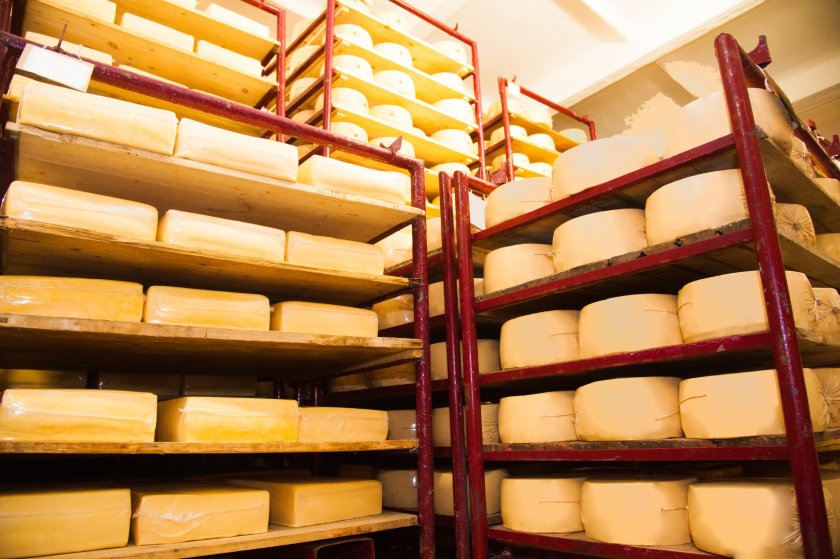
A person in Scotland died after eating cheese produced in Lancashire which was contaminated with a specific type of E.coli bacteria.
An urgent recall was made by the Food Standards Agency (FSA) of four types of Mrs Kirkham's Lancashire cheese, produced in Preston.
They were recalled as a precaution, the FSA said, as they may be contaminated with Shiga toxin producing E. coli, also known as STEC, a pathogen that causes food poisoning.
The four cheeses are: Mrs Kirkham’s Mild & Creamy Lancashire; Mrs Kirkham’s Tasty Lancashire; Mrs Kirkham’s Mature Lancashire; Mrs Kirkham’s Smoked Lancashire.
The UK Health Security Agency (UKHSA) said at least 30 reported cases were of the "specific outbreak strain" thought to have been in the cheese.
Symptoms caused by STEC include severe diarrhoea, abdominal pain, and sometimes haemolytic uremic syndrome, (HUS), a serious condition that can lead to kidney failure and can be fatal.
This infection can be spread by many different routes, including the consumption of contaminated food or water.
It is therefore not uncommon for this infection to spread from an infected person to other people living in the same household or in settings such as nurseries.
Mrs Kirkham's cheeses are sometimes served as part of a hamper, as individual portions or as a gift set or block.
Tina Potter, head of incidents at the FSA said: “We are aware that this recalled product may be popular over the festive period, especially as it has been sold as part of a Christmas gift hamper.
“Due to this outbreak of E. coli we are urging all consumers to ensure they follow the advice in the product recall notices, which details all of the products which may pose a risk:
“We are also asking people to share this advice with friends and family who may have either purchased the recalled product or have received it as a gift.”
Amy Douglas, who works at UKHSA, added: “Washing your hands with soap and warm water and using bleach-based products to clean surfaces will help stop infections from spreading.
"Don’t prepare food for others if you have symptoms or for 48 hours after symptoms stop."
